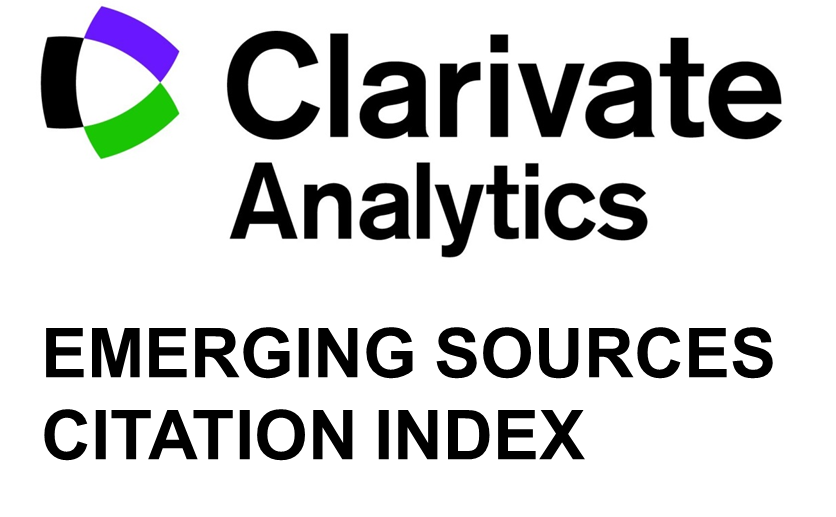Influence of demonetization on various sectors of the Indian economy
DOI:
https://doi.org/10.5937/StraMan2200032PKeywords:
Informal sector, Demonetization, Digitalization, Rural Development, Stock market, The ARCH Model, The ANOVA ModelAbstract
Background: India demonetized the currency in November 2016, scrapping 86.9 percent of the currency in circulation. This policy disrupted most economic activities because India was predominantly a cash economy.
Purpose: The study aims to analyze the impact of demonetization on the informal-formal sector and the Indian stock markets, where investment reflects investors’ confidence. Another purpose is to know the usefulness of demonetization in the proliferation of digitalization.
Study design/methodology/approach: The study incorporates primary data to determine the impact on informal and formal workers’ income and the acceptance of digitalization in rural-urban areas in Faridabad, Haryana. A survey was conducted, and samples for informal-formal workers and rural-urban households were collected and analyzed using the F test and the ANOVA model using an independent dummy or qualitative variables. The secondary data of the Indian stock market were empirically tested and forecasted using the Autoregressive Conditional Heteroskedasticity (ARCH) model.
Finding/Conclusions: The empirical analysis reveals that after demonetization, informal workers’ earnings dropped significantly, and there is a substantial income disparity between informal-formal workers. A wide gap persists in adopting digital transactions due to low awareness of digital instruments in rural areas compared to urban areas. On the contrary, no significant impact is noticed in the Indian stock market as the forecasted value of shares trading depicts positive growth. The study identifies the gaps in policy implementation. It exposes the implementation of macroeconomic policies ensuring the protection of the interest and livelihood of economically vulnerable populations. The spread of awareness towards electronic transactions may help to promote digitalization
Limitations/future research: The study is limited to a few areas. Hence, the scope of future research rests on macro-level data where comparison could be conducted between rural and urban areas across various states in India.
Downloads
Published
Issue
Section
License
Copyright (c) 2022 Anita Prasad, Anandajit Goswami, Amulya Gurtu

This work is licensed under a Creative Commons Attribution 4.0 International License.














